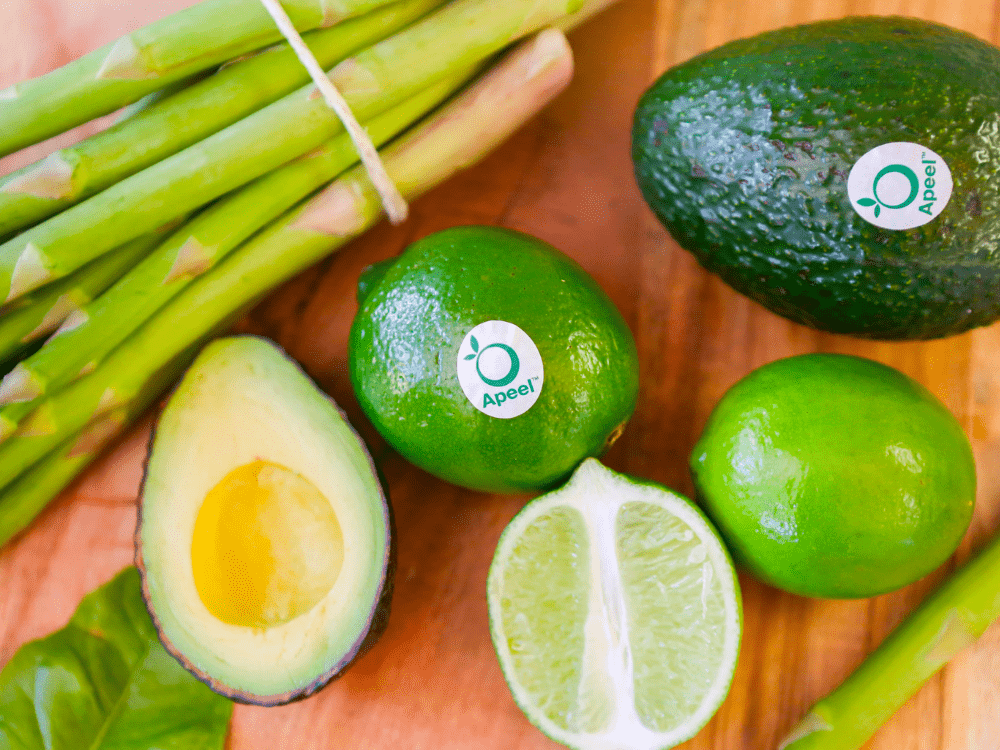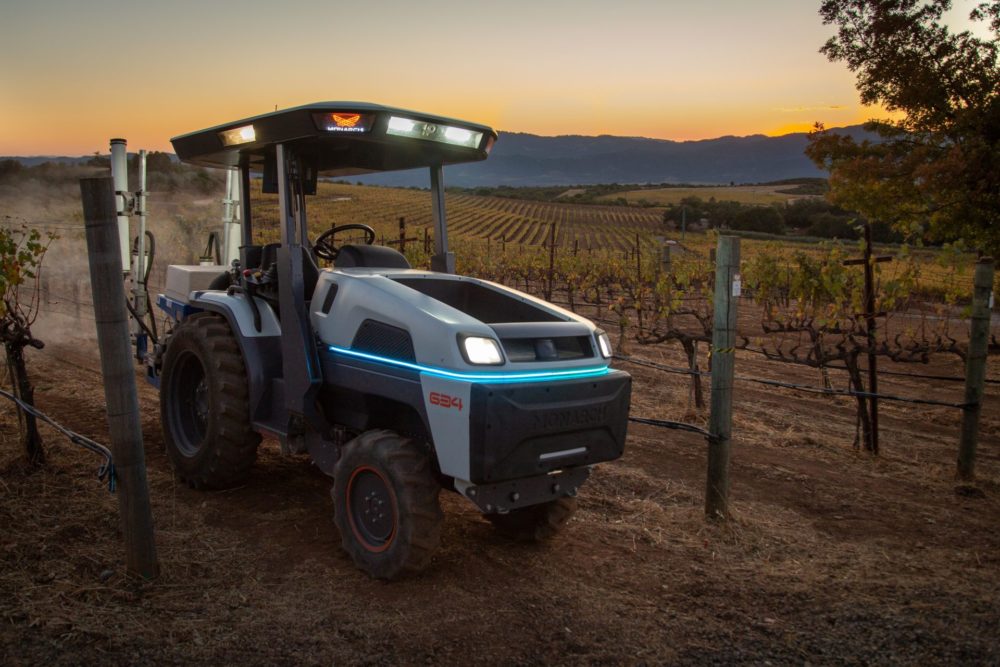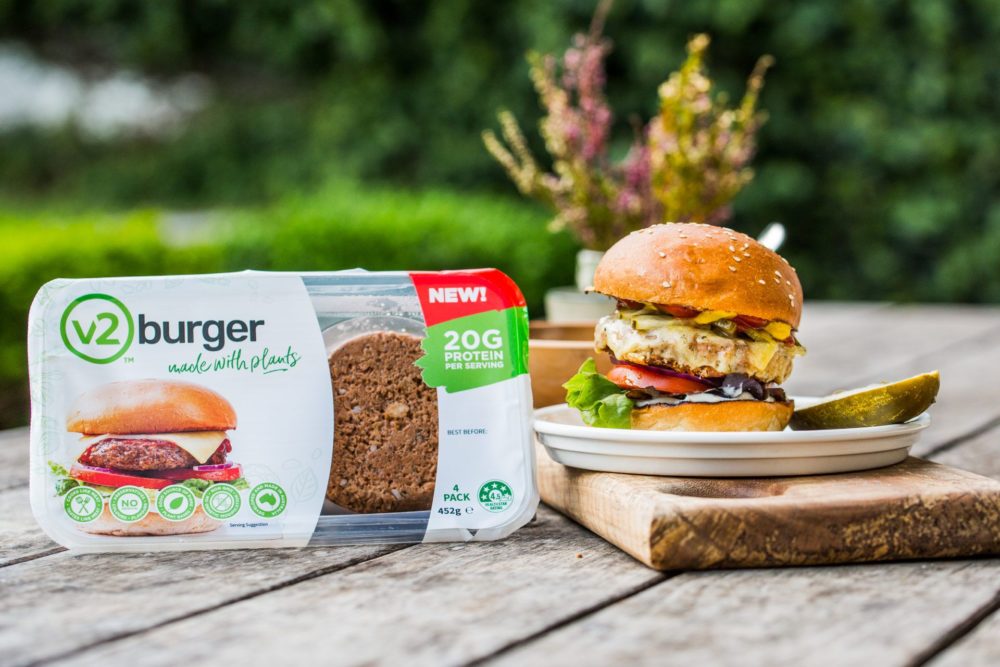- Impact investor Astanor Ventures has closed its second agrifood fund on €360 million ($384 million).
- The Belgium-based firm says “most of” the investors from its first fund returned to participate in this latest one.
- Astanor will continue to invest in both early- and later-stage agrifood startups “and some adjacent sectors.”
- The firm has invested in more than 45 agrifood companies globally since its inception.

‘Interest in what we do is not going away’
This is Astanor’s second fund, following its $325 million fund that launched in 2020 for food and ag startups.
“It was longer than we were hoping,” Astanor cofounder and partner Eric Archambeau said of the fundraising process this time around.
Of course, much of that has to do with the broader macroeconomic forces currently at play. Changes to the economy, rising interest rates, conflict in Ukraine and elsewhere, and supply chain disruptions have changed the investment landscape over the last few years in agrifoodtech.
“Decision makers take long take longer today than they would two or three years ago,” Archambeau told AgFunderNews. “But the interest in what we do is not going away. People really understand the urgency for finding a new system of funding that will come out of everything we are doing in the [agrifood] sector.”
He declined to name specific investors to the new fund but said, “Most of our investors [from the first fund] returned and those that didn’t was because of cash and what’s going on in today’s markets.”

‘You never really know what you’re going to be investing in two or three years’
Astanor will continue to fund startups at different stages with the new fund. That includes companies working on everything from farm equipment automation to alternative protein to controlled environment agriculture (CEA) and shelf-life preservation tech for produce. Monarch Tractor, v2 Food, inFarm and Apeel Sciences, respectively, are just a few on the firm’s list of high-profile startups.
The firm also operates a small program (not fund) for seed-stage ventures because, “we need to make a few bets early on just to keep track of what’s going on,” says Archambeau. He points to synthetic biology as a good example of this.
“You never really know what you’re going to be investing in two or three years because you need to be as agile as the entrepreneurs,” he adds. “There are a few areas that looked good three or four years ago that are not going to be good areas for us to invest in,” he says.

Agrifood still ‘at the center’ of Astanor investments
Two examples of industries that have seen funding nosedive in the last year are vertical farming and plant-based meat.
Delving into the technical details, Archambeau points out that vertical farming “creates a lot more constraints on your airflow, your air conditioning, the control of additional variables that you don’t necessarily have when you have a horizontal environment,” he says. (Mechanical engineers have noted similar difficulties in the past.)
“We’re huge believers of controlled environment farming — it’s not going to go away, and we’ll continue to invest in it,” he says. “But in today’s environment, there are instances of controlled environment that are not going to work for a while, and that includes vertical farming.”
As far as plant-based products go, “products suffer from a huge disconnect between the promises they made at the beginning and what really happened,” he says.
“We made a couple of investments. With some of them, we were also disappointed by the promises versus the results, but some of them are actually pretty good. Some of our newer investments in this category are actually [delivering on] the promise of plant based.”
“You don’t have to be right all the time in venture but as long as you show that you have the capacity to analyze and find the best stories, you should be able to raise money.”
While focus areas for the second fund might shift, “the gist of it is agrifood at the center and a few adjacent sectors that also have a an impact on the planetary boundaries when it comes to relieving the pressure on natural resources — soil, water and biodiversity. If we find companies that could be, say, new materials companies that have an impact on lessening the pressure on some resources, then we might be very interested.”
“We’re very happy to have the second fund because it’s very important that we see other people we can co invest with,” he adds. “Venture capital is not supposed to be a lonely game. To compete in the morning you cooperate in the afternoon. And, more smart people making bets together and helping companies be successful is very important.”




